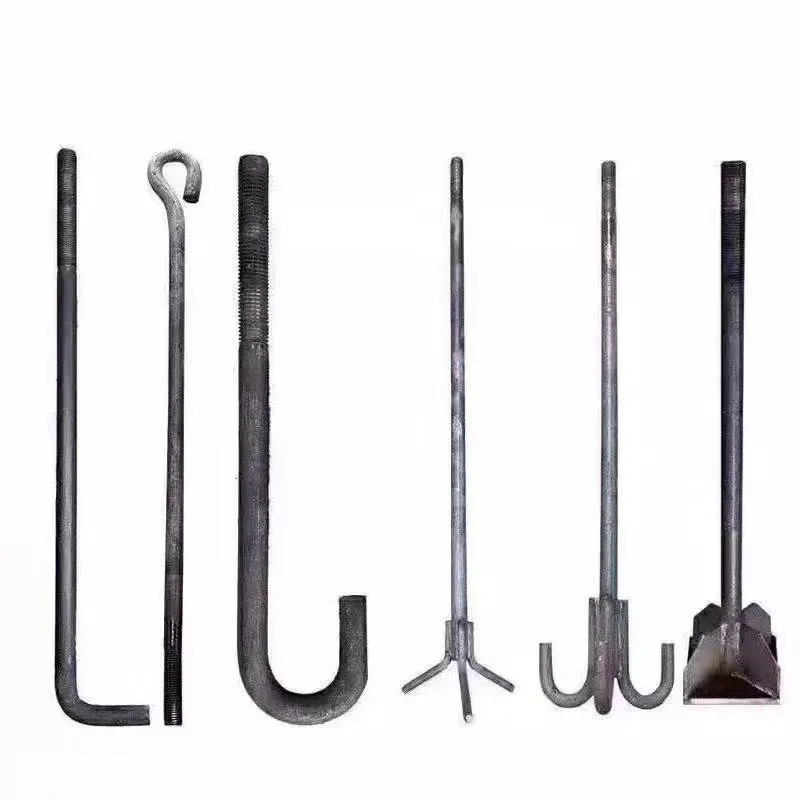

cone washers
Okt . 30, 2024 18:09 Back to list
cone washers
Understanding Cone Washers An Essential Component in Engineering and Manufacturing
Cone washers, often referred to as conical washers, are specialized fasteners utilized in various engineering and manufacturing applications. Their unique shape, resembling a cone, allows them to distribute load more effectively compared to traditional flat washers, making them an essential component in many industries.
One of the primary advantages of cone washers is their ability to provide a secure grip, particularly in assemblies where components face significant axial loading. The conical shape allows for a larger surface area contact, which reduces the likelihood of loosening due to vibrations or dynamic loads. This feature is especially beneficial in applications related to automotive engineering, aerospace, and structural framing, where reliability and safety are critical.
In automotive applications, cone washers are often used in wheel assemblies and suspension components. The demands of these systems require fasteners that can withstand repeated stress while maintaining their integrity. The design of cone washers helps to cushion the load, minimizing the risk of material fatigue over time. Similarly, in aerospace, where weight and strength are paramount, these washers effectively contribute to the overall performance and durability of aircraft parts.
cone washers

Manufacturing processes for cone washers typically involve precision stamping or machining, which ensures tight tolerances and consistent quality
. The materials used can vary, including stainless steel and other alloys, depending on the specific environmental conditions and mechanical requirements. For instance, corrosion-resistant materials are crucial in marine applications, where exposure to saltwater can degrade standard fasteners.Another significant aspect of cone washers is their versatility. They can be used in various assembly configurations, including bolted, threaded, or riveted connections. Their adaptability makes them a favoured choice across multiple sectors, from construction and machinery to electronics and consumer products.
Moreover, proper installation of cone washers is critical to maximize their effectiveness. Ensuring that they are positioned correctly under the bolt head or nut can significantly enhance load distribution and prevent any potential failure in the assembled structure. Engineers often emphasize the importance of following specific guidelines and recommendations for washer installation to achieve optimal performance.
In conclusion, cone washers play a pivotal role in ensuring the structural integrity and reliability of various assemblies. Their unique design enables effective load distribution, making them an indispensable component in numerous applications across multiple industries. As technology advances and engineering challenges evolve, the importance of such specialized fasteners will undoubtedly continue to grow, highlighting the essential nature of cone washers in modern manufacturing and construction.
Latest news
-
High-Strength Hot Dip Galvanized Bolts - LongZe | Corrosion Resistance, Custom Sizes
NewsAug.01,2025
-
Best Self Tapping Screws for Drywall - Fast & Secure Installation
NewsJul.31,2025
-
High-Strength Hot Dip Galvanized Bolts-Hebei Longze|Corrosion Resistance&Customization
NewsJul.31,2025
-
Hot Dip Galvanized Bolts-Hebei Longze Metal Products|Corrosion Resistance&High Strength
NewsJul.31,2025
-
Hot Dip Galvanized Bolts-About LongZe|High Strength, Corrosion Resistance
NewsJul.30,2025
-
High-Strength Hot Dip Galvanized Bolts - Hebei Longze | Corrosion Resistance, Customization
NewsJul.30,2025

